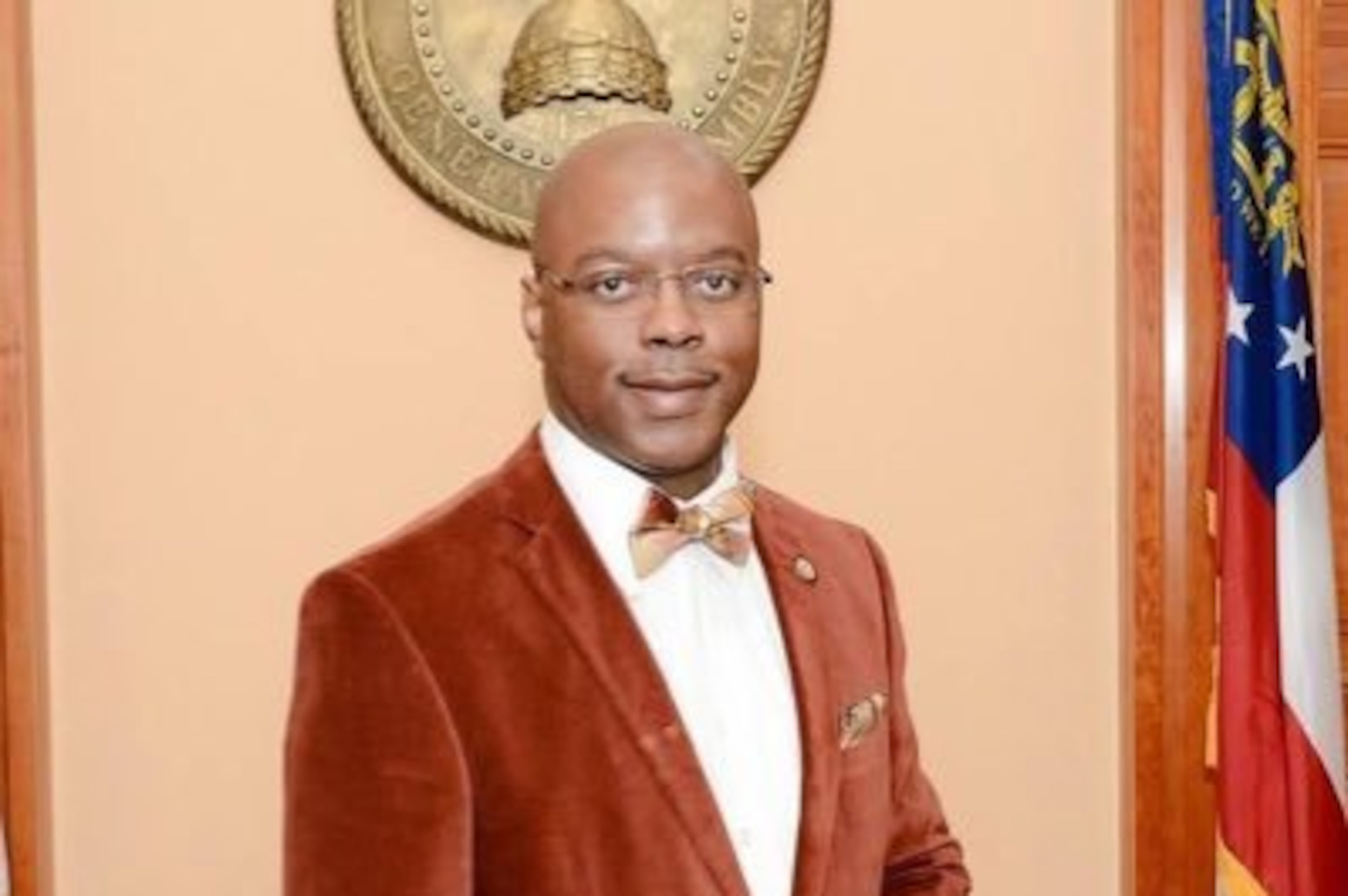Trump probe: How would the Fulton County special grand jury work?

On Monday, Fulton County prosecutors will impanel a special purpose grand jury to help determine whether former President Donald Trump and his allies tried to criminally interfere with Georgia’s 2020 elections.
Here’s how it works:
What is a special purpose grand jury?
It’s a group of 16 to 23 jurors selected to investigate a specific incident in which a crime might have taken place. How long that investigation can last is set ahead of time by the local superior court. For the Trump investigation, a group of Fulton judges greenlit an investigation period “not to exceed 12 months.” Like other grand juries, this group will conduct its proceedings in secret.
How is it different from a regular grand jury?
Regular grand juries in Fulton County serve for two months and typically hear hundreds of felony cases, from murders to kidnappings. This special grand jury will be focused only on the Trump matter.
Like a regular grand jury, special grand juries can subpoena witnesses to testify. They can consult with experts and compel the production of documents, emails and other records. But, unlike regular grand juries, special grand juries can’t issue indictments. They instead issue a report at the end of their service that makes recommendations for action, including possible charges.
Prosecutors can choose to ignore or follow those recommendations. Should they opt to pursue charges, they would need to re-present the case in front of a separate, regular grand jury that has the power to issue indictments.
What’s the scope of the special purpose grand jury investigation?
The probe is centered on the phone call that Trump placed to Secretary of State Brad Raffensperger on Jan. 2, 2021, during which he urged the secretary of state to “find” the 11,780 votes to overcome President Joe Biden’s win in Georgia.
Fulton County District Attorney Fani Willis has indicated that her office is also examining other developments that occurred in the weeks between the November elections and certification of the results on Jan. 6, 2021. That includes a November 2020 call that U.S. Sen. Lindsey Graham, R-S.C., placed to Raffensperger; the abrupt resignation of former Atlanta-based U.S. Attorney BJay Pak; and false claims made by Trump attorney Rudy Giuliani during a state Senate hearing.
Among the potential violations of Georgia law her office is probing are criminal solicitation to commit election fraud, intentional interference with the performance of election duties, conspiracy and racketeering, Willis told state officials last year.
How could this be helpful to prosecutors?
A special grand jury can compel uncooperative witnesses to testify. Willis has told The Atlanta Journal-Constitution that at least 30 people have declined to be interviewed without a subpoena.
A former president has never been charged with a crime. So, the investigation’s unprecedented nature suggests that prosecutors may want to take their time on such a complicated case. Former prosecutors interviewed by the AJC said that keeping the same group of jurors in place will save the DA’s office time, since prosecutors won’t have to present the case from scratch, to new jurors, every two months.
Finally, the group can give Willis political cover, especially if she agrees with their ultimate recommendation.
How often are special grand juries used in Georgia?
The few times they have been used have been for public corruption cases, including former Gwinnett County Commissioner Kevin Kenerly, ex-Clayton Sheriff Victor Hill and ex-DeKalb CEO Burrell Ellis.
Kenerly’s case ultimately led to a state court scaling back the authority of special grand juries. That’s why such bodies can’t issue indictments.
What else do we know?
Once the special grand jury is seated, it’s expected to begin authorizing subpoenas at a fast clip, but Willis said she will wait until June 1 — more than a week after Georgia’s primary election — to call in witnesses. Raffensperger and several other potential witnesses face primary challengers.
Willis has a team of roughly 10 prosecutors and investigators currently working on the probe. That’s out of a staff of more than 360. She previously told CNN that she expects that her office will decide whether or not to pursue charges against Trump by the end of 2022.
Trump investigations in Georgia and elsewhere - Continuing Coverage
The Trump Georgia investigation 101: What is it about?’
READ: Full Fulton County grand jury indictment
Who’s who in the Georgia Trump indictment - Photos, bio, charges at a glance
Who is Fani Willis, the Georgia DA prosecuting Trump
Scott McAfee: Meet the judge overseeing the case
Racketeering: Explaining the ‘criminal enterprise’ described in the indictment
LISTEN: ‘The Trump Indictment’ podcast — ‘The Enterprise’ - AJC Breakdown
LISTEN: Donald Trump and his allies indicted in Georgia - Politically Georgia
Watch: What is RICO? The Georgia racketeering law could be a factor
A closer look at state laws examined by Fulton DA in Trump probe
Fulton courthouse has seen its share of big cases
Georgia and Trump: Takeaways from the push to overturn the 2020 election
AJC Special Report: Inside the campaign to undermine Georgia’s election
Complete coverage of Trump and the Georgia investigation
Get the latest on the Trump indictment with the AJC’s pop-up newsletter. Every Wednesday through the proceedings, our veteran journalists guide you though these unprecedented times. Sign up



